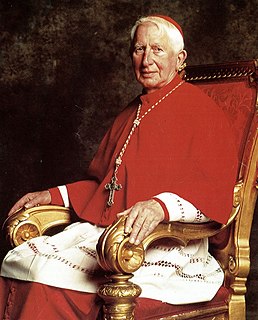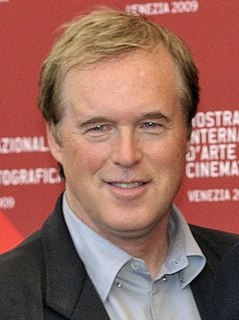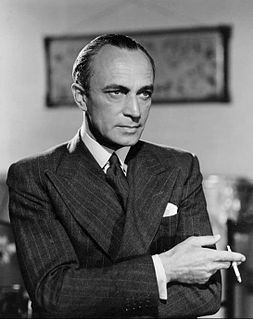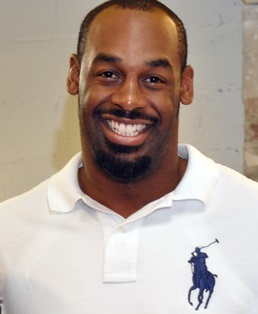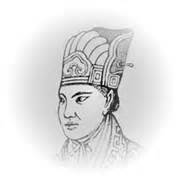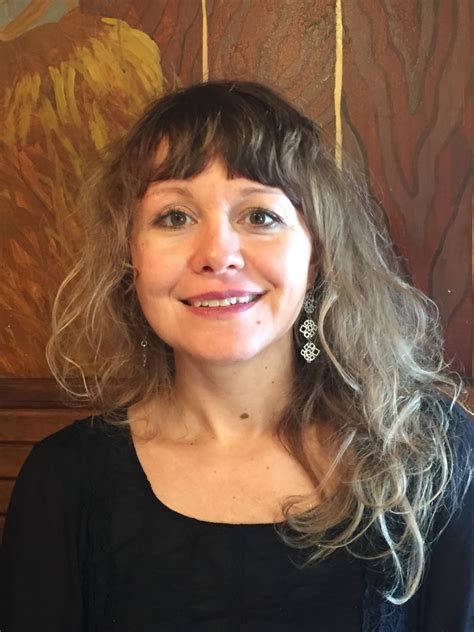A Quote by Stephen King
The situation comes first...the characters...come next...[then] begin to narrate.
Related Quotes
First comes an idea. Then, characters begin to evolve out of the landscape of that idea. And then, finally, characters dominate: plot is simply a function of what these people might do or be. Everything has to flow from their personalities; otherwise it will not be emotionally engaging, or plausible.
You know, all is development. The principle is perpetually going on. First, there was nothing, then there was something; then-I forget the next-I think there were shells, then fishes; then we came-let me see-did we come next? Never mind that; we came at last. And at the next change there will be something very superior to us-something with wings. Ah! That's it: we were fishes, and I believe we shall be crows.
When you're young, you always feel that life hasn't yet begun—that "life" is always scheduled to begin next week, next month, next year, after the holidays—whenever. But then suddenly you're old and the scheduled life didn't arrive. You find yourself asking, 'Well then, exactly what was it I was having—that interlude—the scrambly madness—all that time I had before?
All movements begin and end, and all have been inspired by others that have come before them. They evolve and then deconstruct again. There are very few designers whose aesthetic I'm drawn to on a personal level. However, that's different from the ways in which I might dress the characters in my films.
I don't know if make a conscious effort to vary the characters and subjects that I write about, but I do find myself keeping track of ideas that come along, as probably most writers do, and whatever seems most interesting to me when I flip through my notes before I begin a new story is usually what I will try to write about next.
Say you have a headline like "Mountain Bike Stolen," and then you read the story, read another story about it the next day, and then the next week, and then the next year. News is a process of expansion, the filling in of detail, and making narrative connections - not based on chronology, but based on features of the story. There are narrative connections made between props, between characters, between situations, and so forth.


